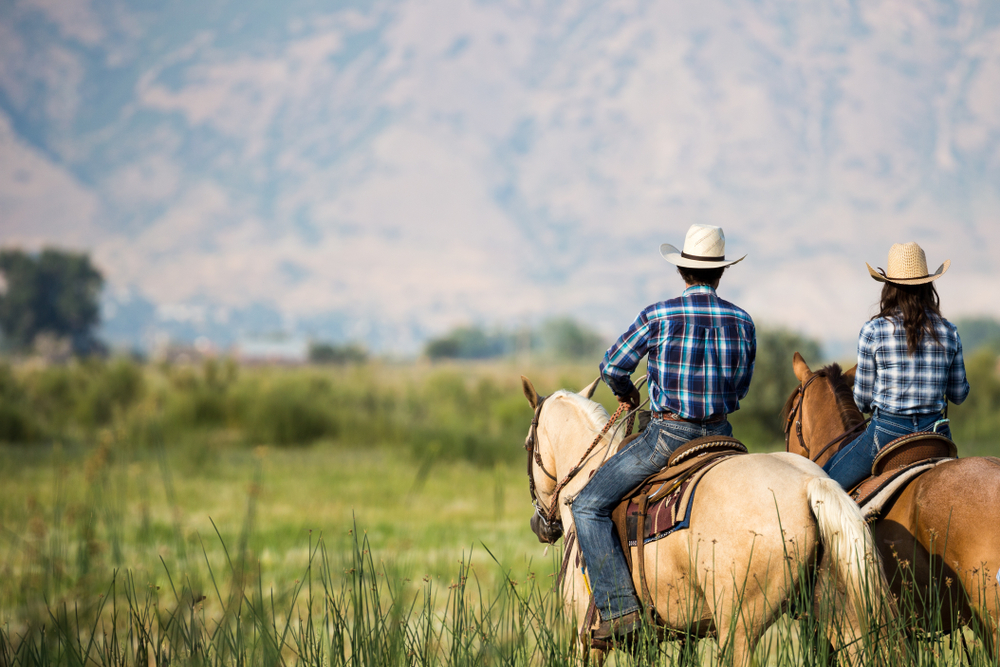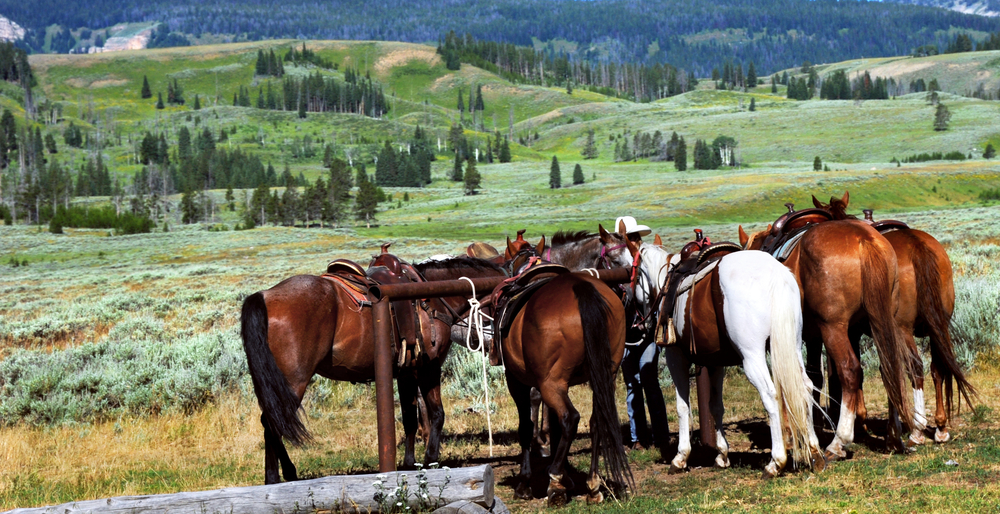For horses, nutrition is more than a matter of sustenance—it’s a fundamental pillar of wellness, performance, and longevity. One of the most essential aspects of equine nutrition is forage. Often mistakenly lumped in with general animal feed, forage is unique in its role, especially when supporting the long-term health of horses. What Is Forage? Forage
READ MOREAuthor: The Greenway Team
Forage for Horses: Why Variety Matters in Equine Nutrition
When it comes to equine health, nutrition is the cornerstone of overall well-being. Every horse owner, trainer, and breeder understands that maintaining peak condition in horses takes more than regular exercise and routine veterinary care. What often makes the real difference is what’s on the menu. Understanding Forage: The Core of Equine Diets Forage is
READ MORETimothy Alfalfa Cubes: The Hybrid Forage Solution Explained
For horse owners, breeders, and trainers committed to the highest standards of equine care, forage is more than just sustenance—it is the cornerstone of health, energy, and overall performance. In a world where traditional forage solutions like hay bales can be inconsistent and labor-intensive, many have turned to innovative alternatives like timothy alfalfa cubes. These
READ MOREWhat Are Alfalfa Pellets and When Should You Use Them?
When it comes to supporting the health and performance of your horses, the foundation always begins with high-quality forage. Forage is the cornerstone of equine nutrition, providing the fiber, protein, and energy necessary for overall well-being. One increasingly popular and convenient option available to horse owners today is alfalfa pellets. These compacted nuggets of high-quality
READ MOREWhat Are Forage Products and How Do They Fit into a Horse’s Diet?
When it comes to equine health and nutrition, few topics are more crucial than understanding the role of forage products. Forage is the cornerstone of a horse’s diet. From recreational riders to competitive equestrians, horse owners increasingly recognize that quality forage is essential for maintaining a healthy digestive system, providing steady energy, and ensuring overall
READ MORE



